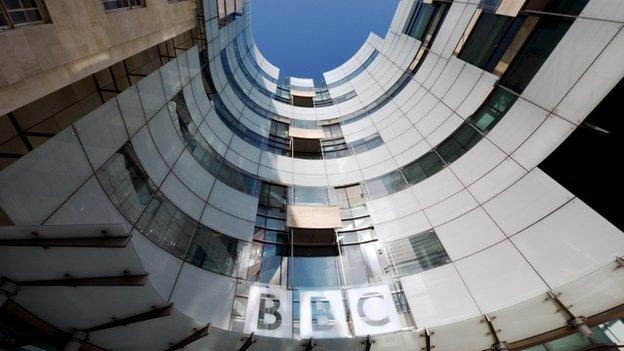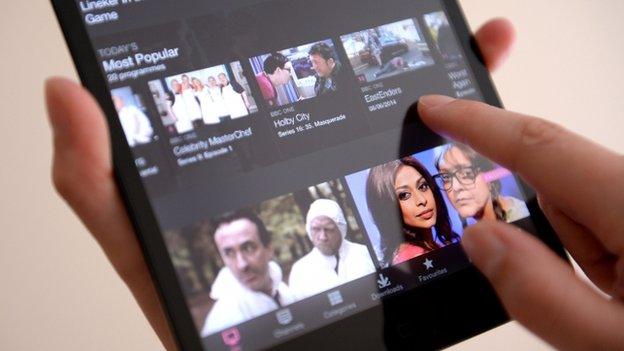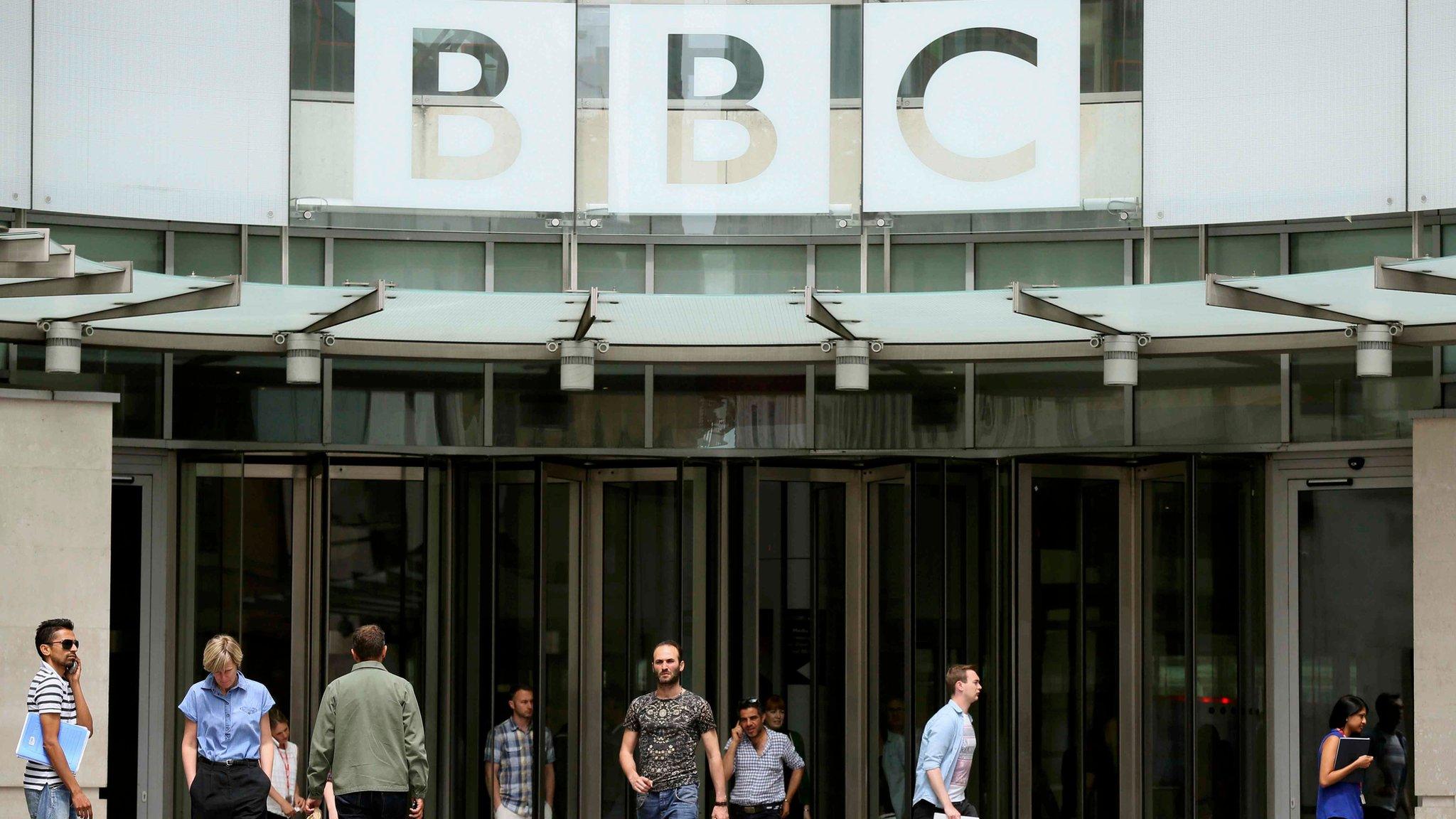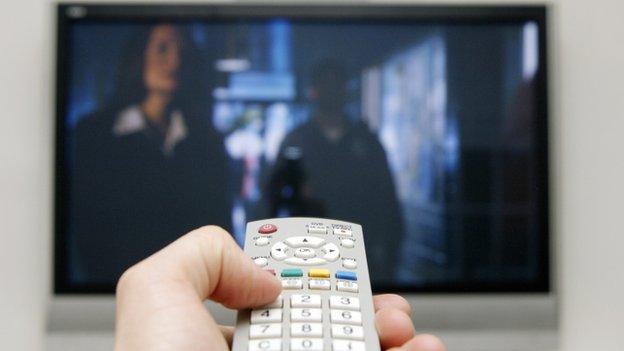What will happen if BBC funds free licences?
- Published

The suggested cuts would mean the BBC losing one-fifth of its budget
When the government suggested the BBC might take on the funding of TV licences for the over-75s in 2010, a substantial majority of the BBC's then-trustees threatened to resign and the idea was dropped.
But the BBC Trust is on the way out: its current chair has called for its abolition; such a threat might be rather less effective today.
Nevertheless, the arguments against the move now are the same as they were then, even if this time the government is apparently offering a sweetener.
An effective cut of £650m or one-fifth in the BBC's budget would almost certainly mean cuts in services - all of BBC Three and BBC Four, all digital radio, possibly local radio and parts of World Service radio, according to one former trustee.

The BBC iPlayer can currently be used by people who do not pay a licence fee
Why should licence fee payers have to put up with a poorer service because of a policy first introduced by a Labour Government?
Is it right that licence fees handed over to pay for TV and radio programmes should end up instead subsidising sometimes wealthy pensioners?
Sir Christopher Bland, a former chairman of the BBC Governors, called the move "the worst form of dodgy Whitehall accounting".
He told the World this Weekend on Radio 4: "If the government thinks that over 75-year-olds need free licence fees then fine, that's government policy, not BBC policy.
"And of course, rather subtly and unattractively, it draws the BBC closer to becoming an arm of government, which has always been something that the BBC and government have resisted."
But the sweetener being offered by the chancellor has its attractions.
Last week the BBC revealed that its licence fee revenue was down by £150m a year because so many people no longer watch live television (for which you have to have a TV licence) and simply watch catch-up programmes on the iPlayer (for which a licence is unnecessary).
Mr Osborne seems to be offering a deal, perhaps to be announced in the Budget: a commitment to change the law so that iPlayer viewers also have to pay the licence fee.
It won't raise anything like enough to make up for that lost £650m but it would be a sign that the government is serious about protecting the BBC's long-term future in a world of rapidly changing technology.
And from the chancellor's point of view, offloading the over-75s' licence fee onto the BBC is a nifty bit of political footwork.
It goes a long way towards the government's target of cutting £12bn from the benefits bill.
And if in due course a potentially unpopular decision is taken to scrap it, or to means test it so that wealthier pensioners no longer benefit, it'll be the BBC not the government that gets the opprobrium.
- Published6 July 2015

- Published5 July 2015
